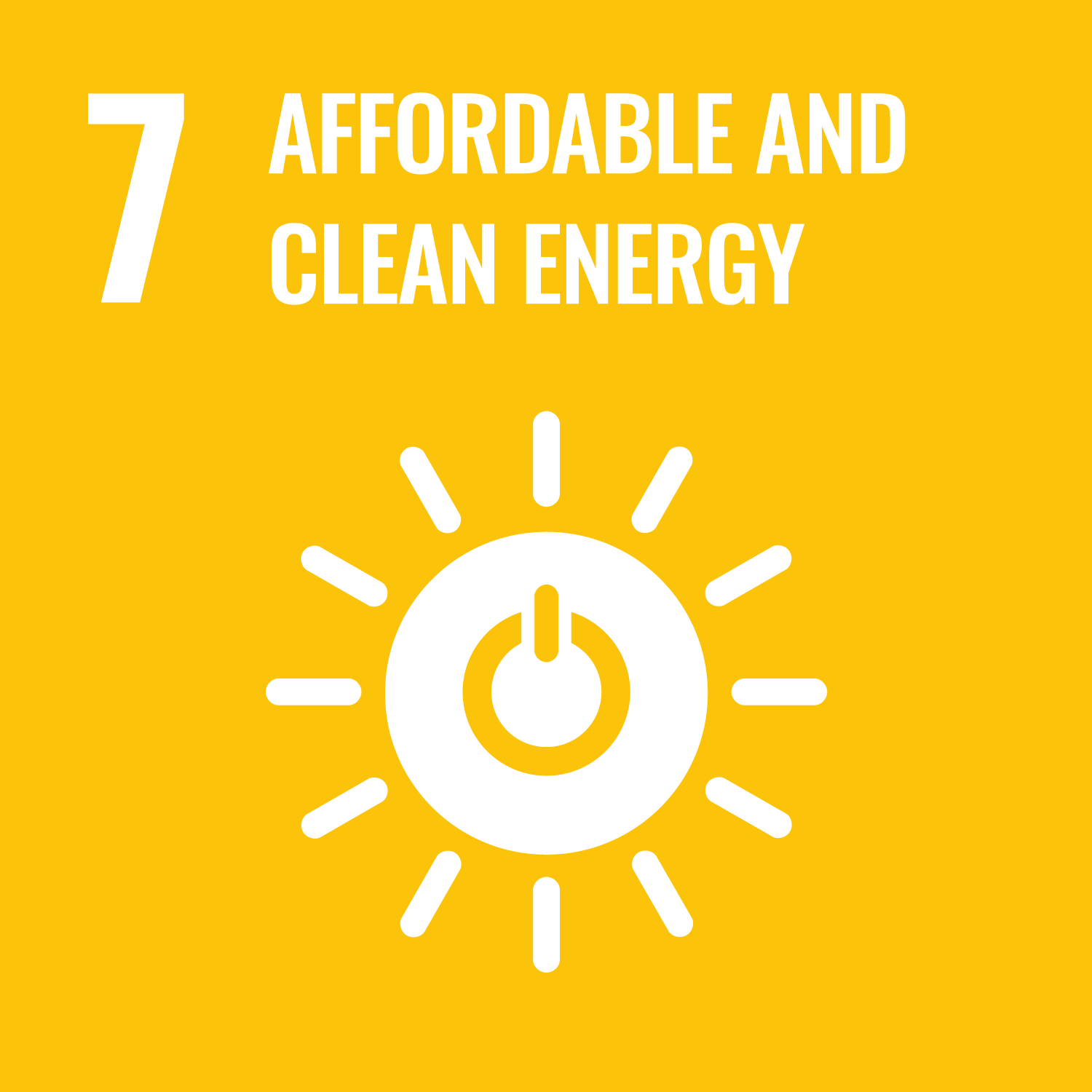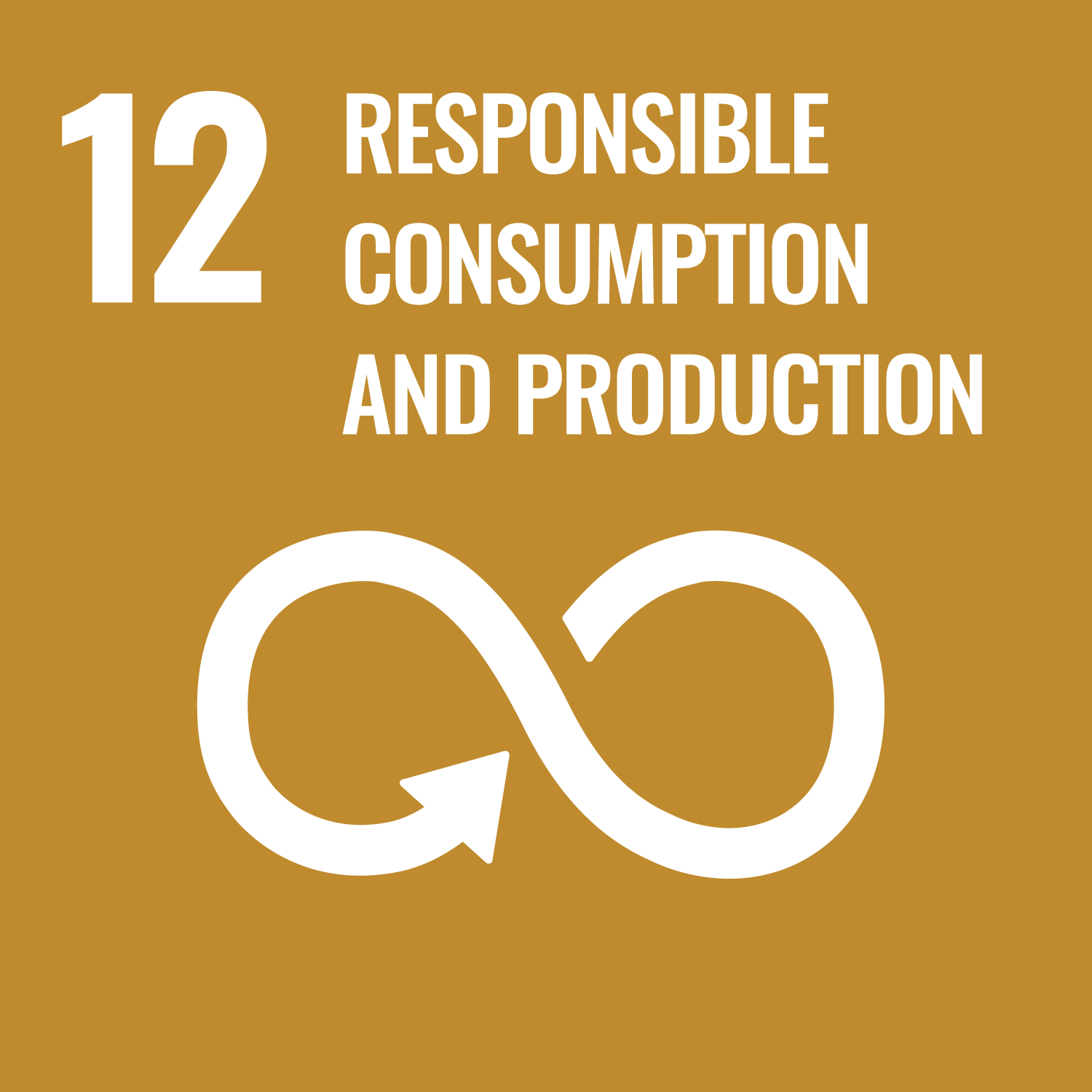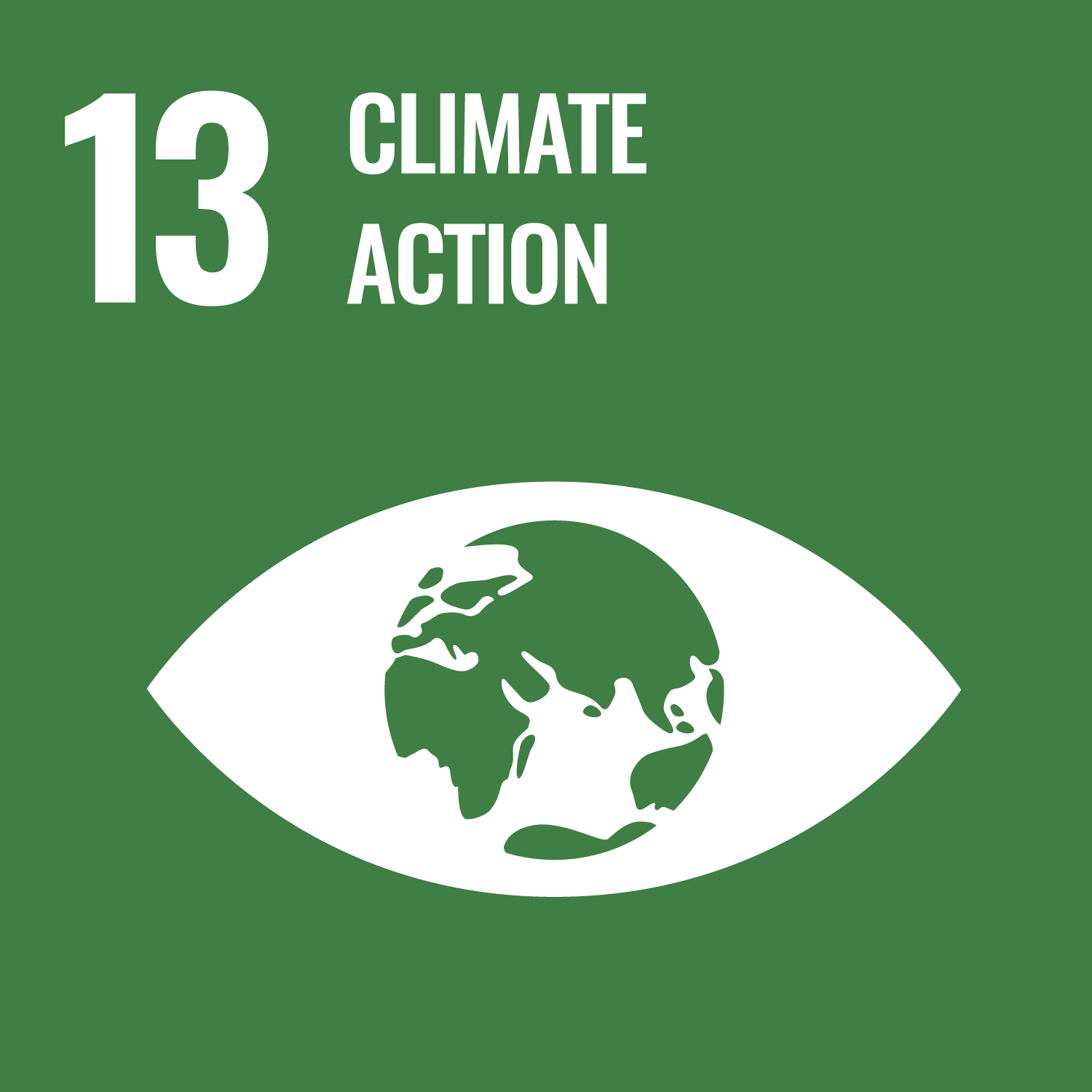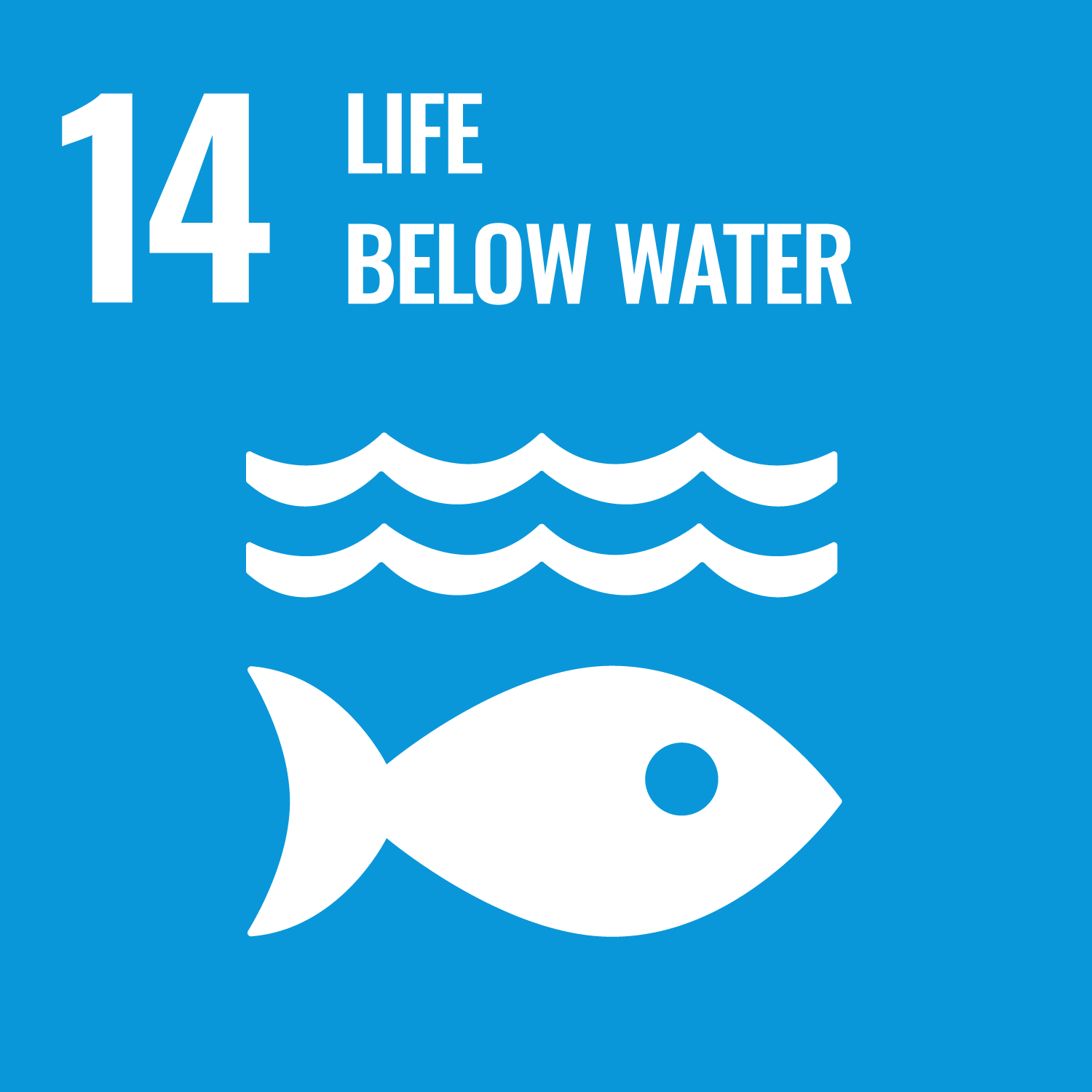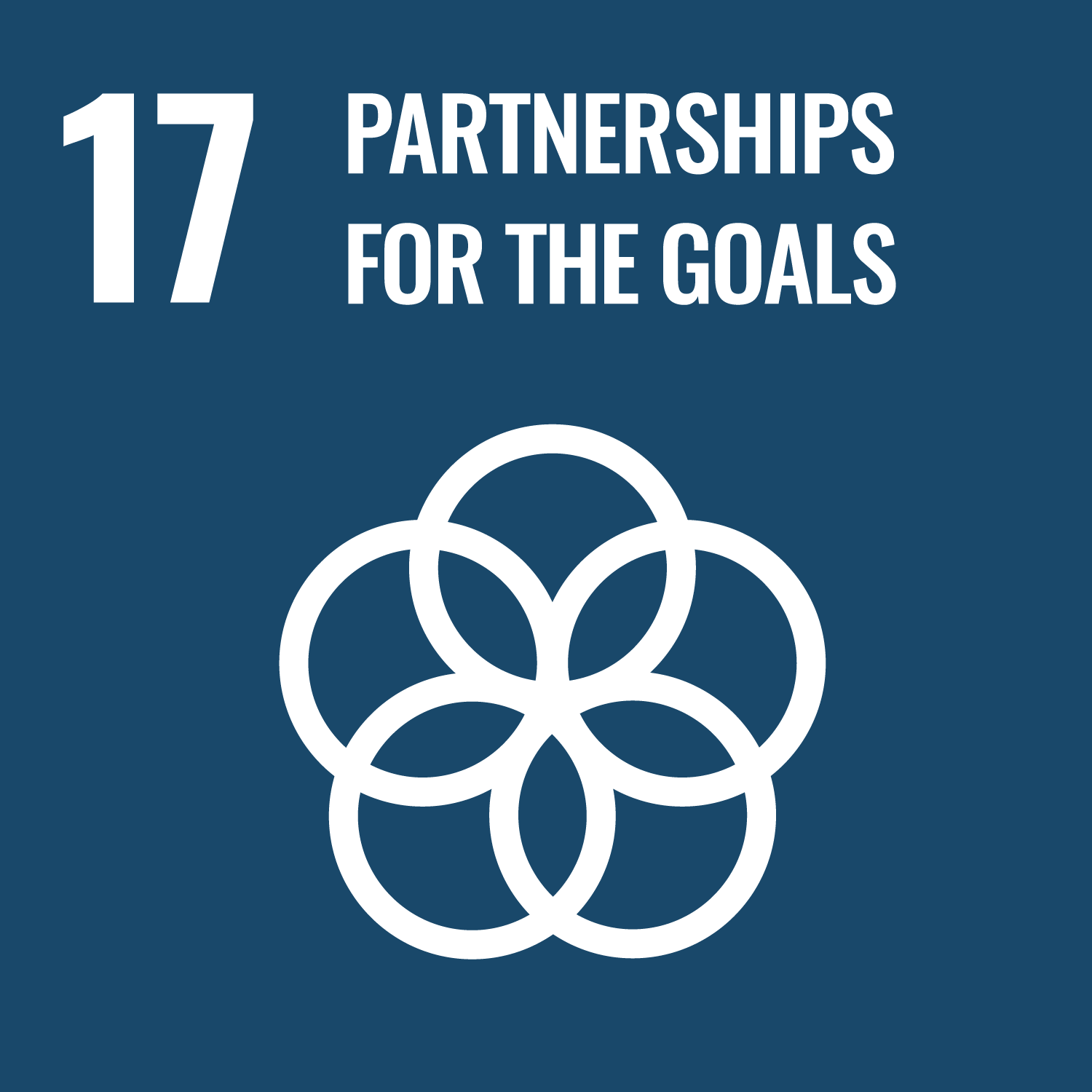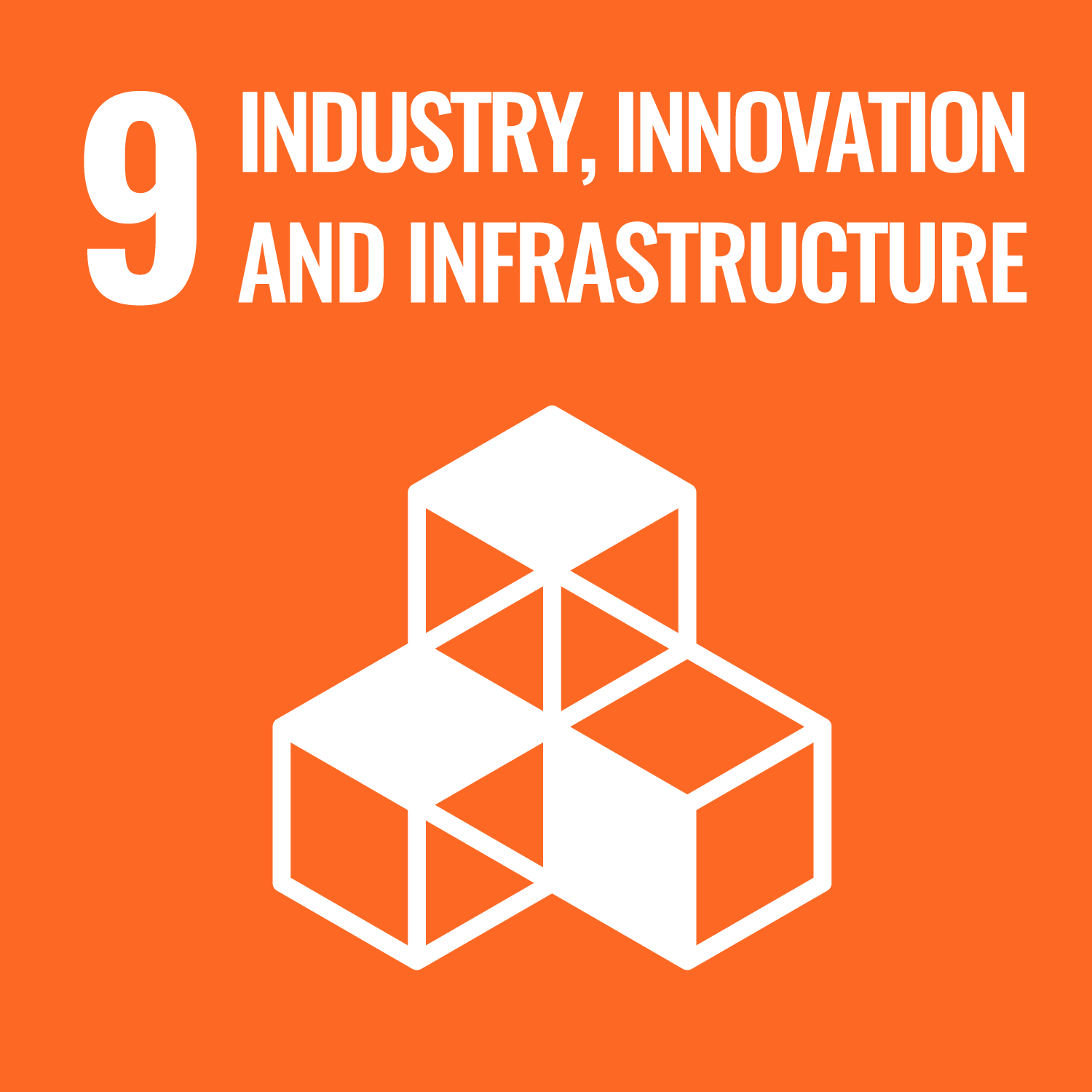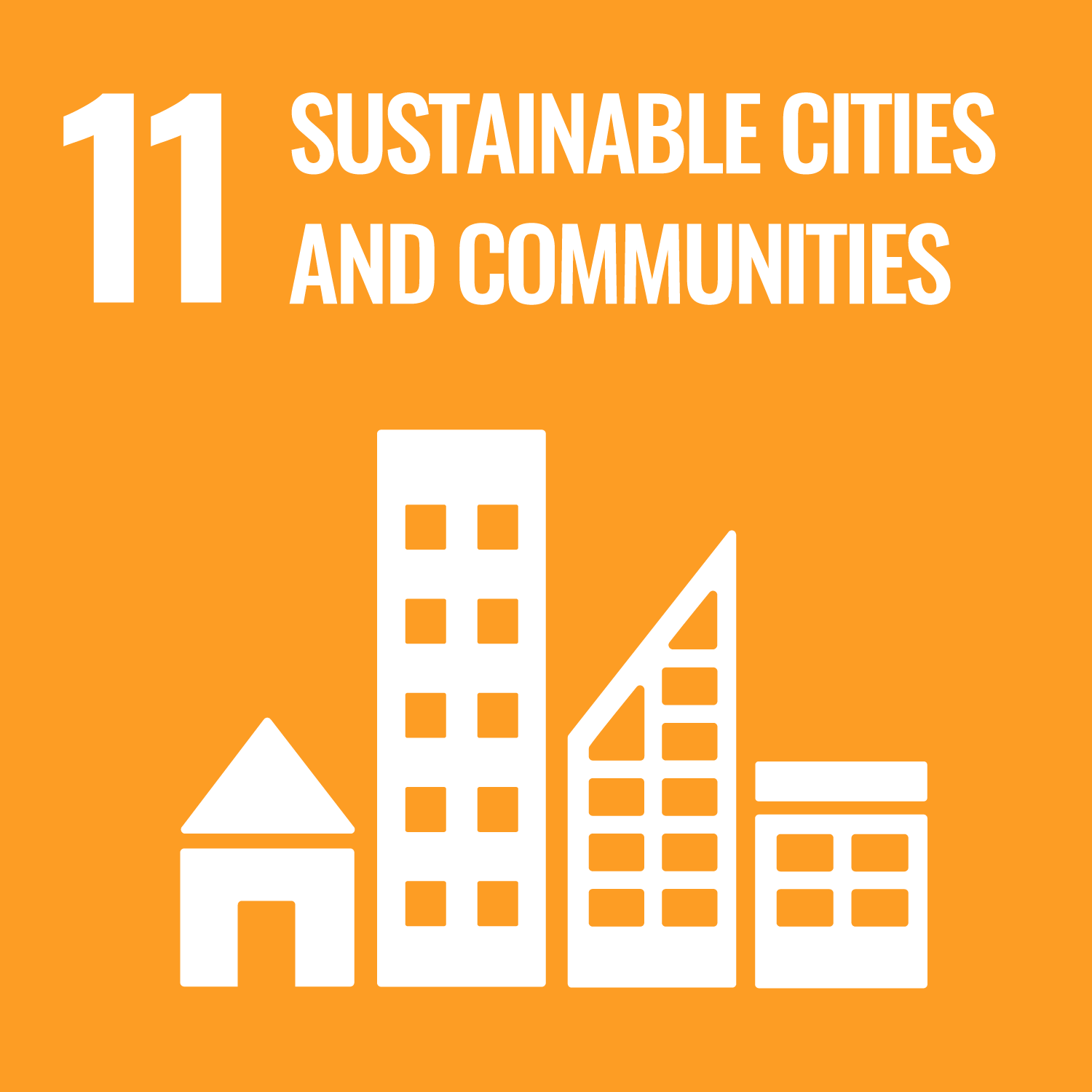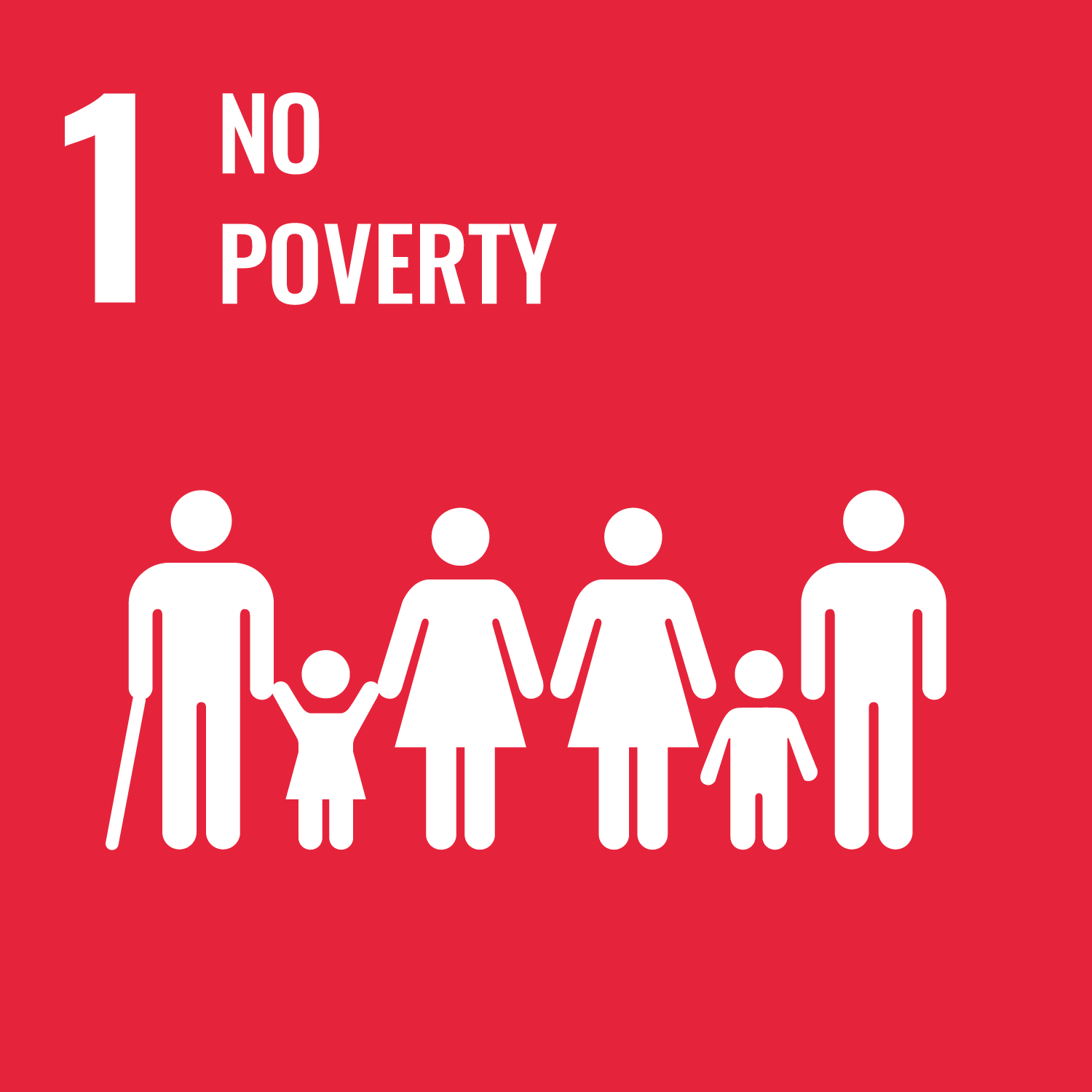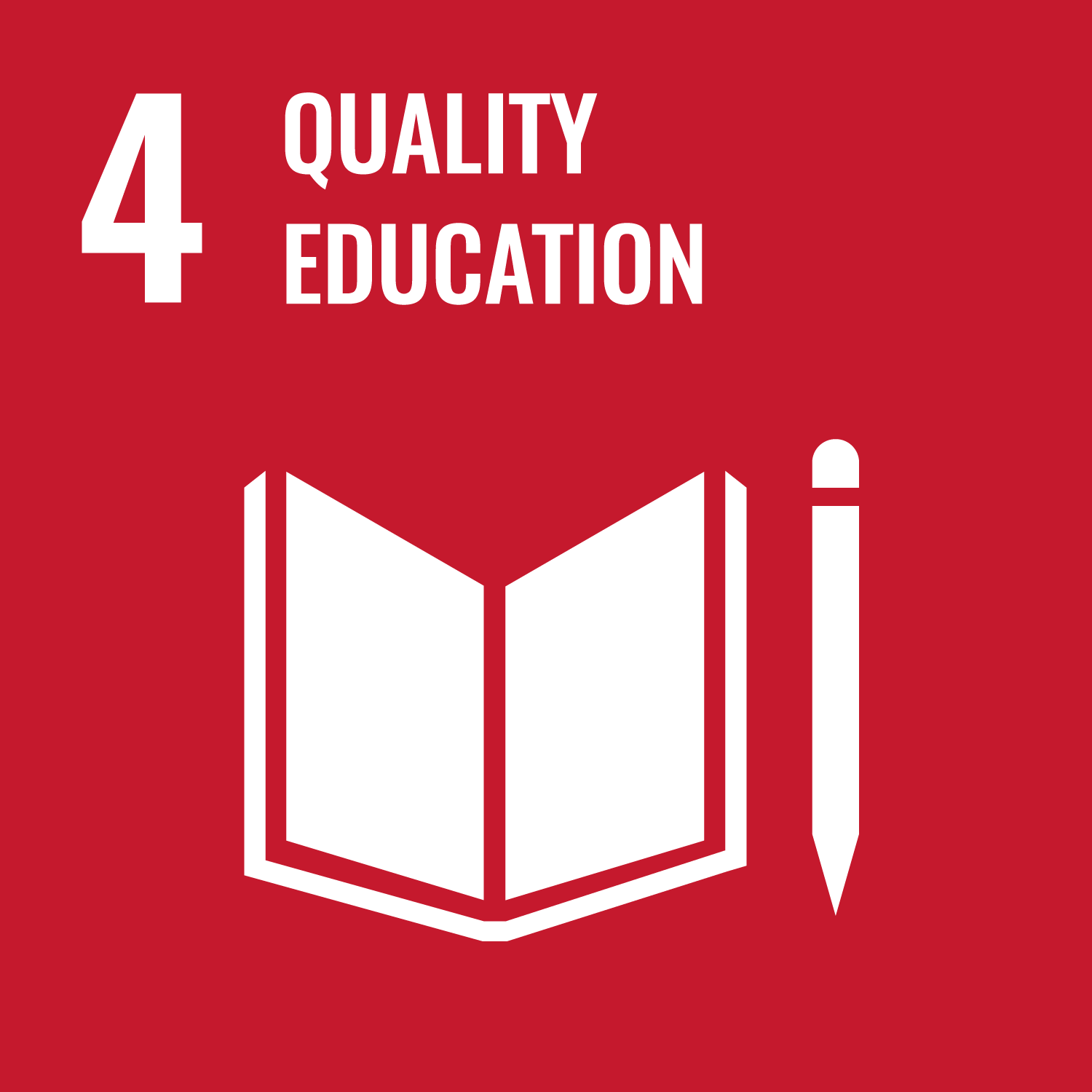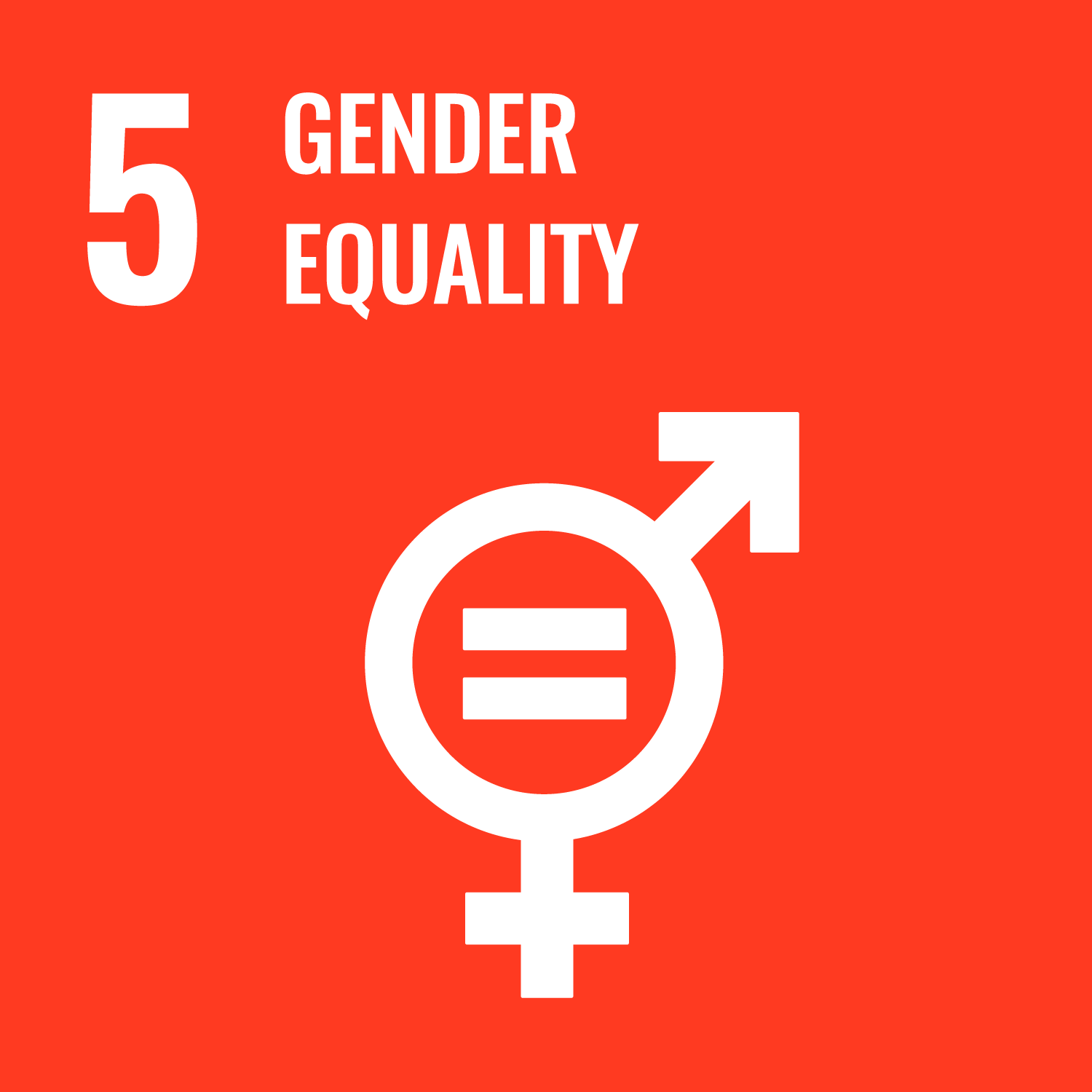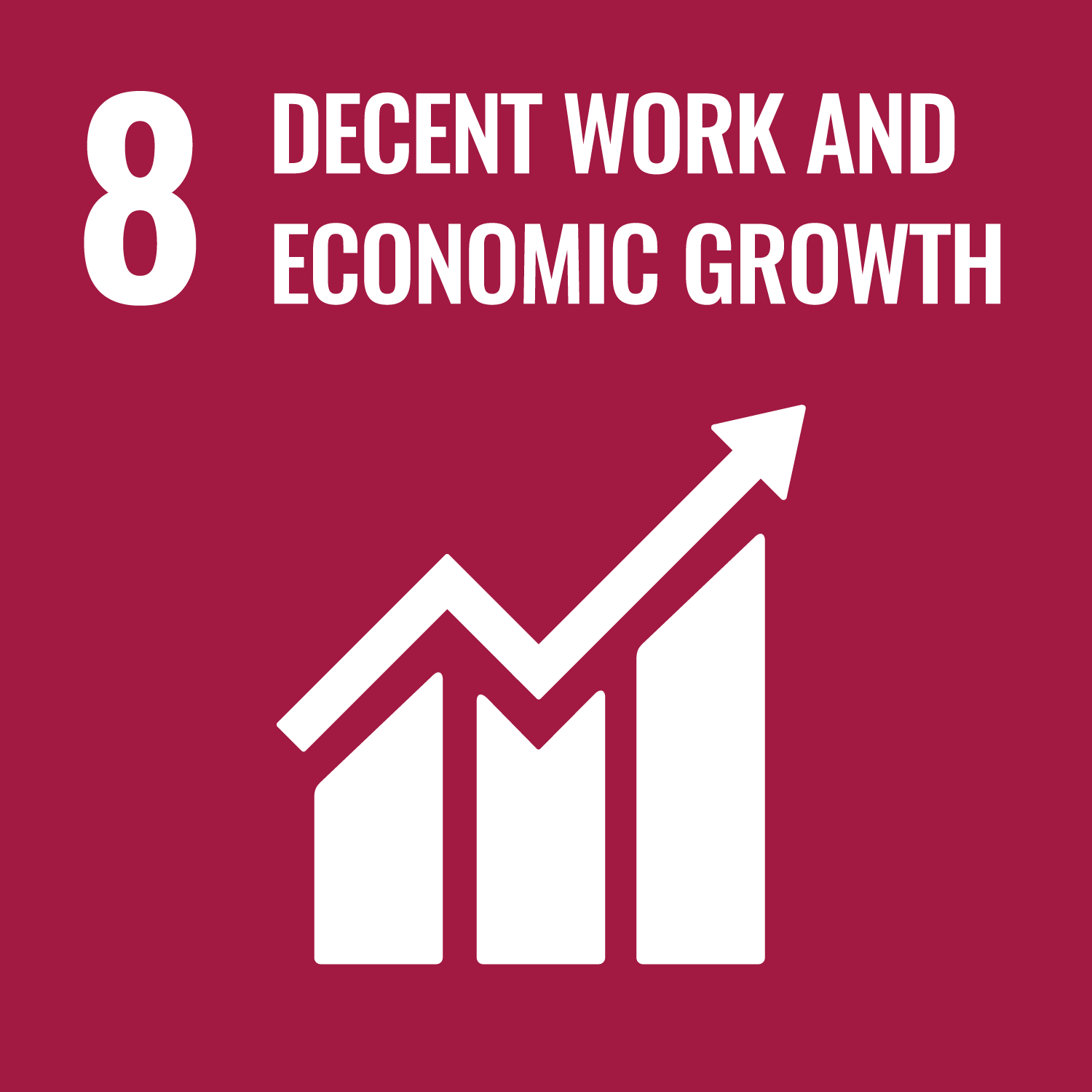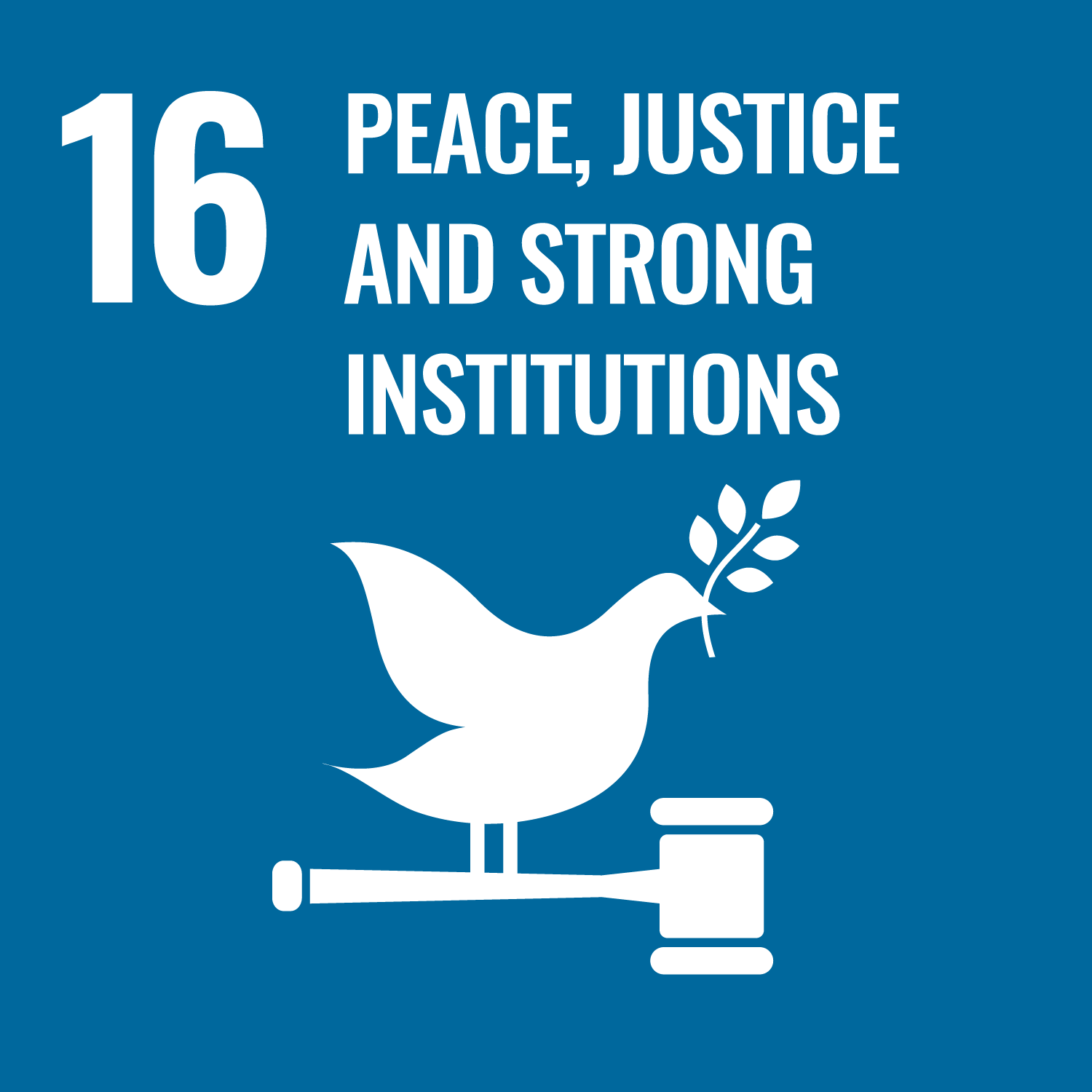Key Sustainability Issues (Materiality)
Initiatives to Key Sustainability Issues
Mitsubishi Shokuhin Group revised the “Key Sustainability Issues and 2030 targets” based on the Medium-term Management Plan 2023 to conduct sustainability management that focuses on solving social issues and social responsibility.
| Key Sustainability Issues | 2030 targets | |
|---|---|---|
|
Key Sustainability Issues Environment |
Partnerships & Innovation |
Partnerships & Innovation 2030 targets
|
|
Priority Issues Community and Living |
Partnerships & Innovation 2030 targets
|
|
|
Priority Issues Health |
Partnerships & Innovation 2030 targets
|
|
|
Priority Issues Foundation for value creation |
Partnerships & Innovation 2030 targets
|
- Emissions from Scope 1 (direct greenhouse gas emissions by the business itself) and Scope 2 (indirect emissions from the use of electricity, heat, and steam supplied by other companies)
Identifying Key Sustainability Issues
Among the many social issues out there, we have determined which issues should be addressed in a strategic sense by using the following process.
Step 1 Review of activity themes
Medium-term Management Plan 2023, edited to reflect current conditions
- Select 49 activity themes from international guidelines, etc.
- Consolidate selection into 22 activity themes from the perspectives of the “Medium-term Management Plan 2023” and “ESG + Human Resources”
Extraction of activity themes (49 themes)
International guidelines, etc.
- GRI
- SDGs
- SASB
Internal documents
- Sustainability Policy
- Environmental conservation activities
- Social contribution activities
- Risk map
- Other internal documents
Benchmark studies
- Retailers
- Manufacturers
- Logistics industry
- Other companies in the same industry


Summarized
the themes
within the
company
Number of activity themes
22
Step 2 Prioritization
For each activity theme, analyze “society's demands and expectations of our company” and the “degree of impact on our company” on a 3-point scale
- Create a materiality matrix by assessing “society's demands and expectations of our company” and the “degree of impact on our company”
- Focus on 20 activity themes that are deemed “high” or above on both the vertical and horizontal axes
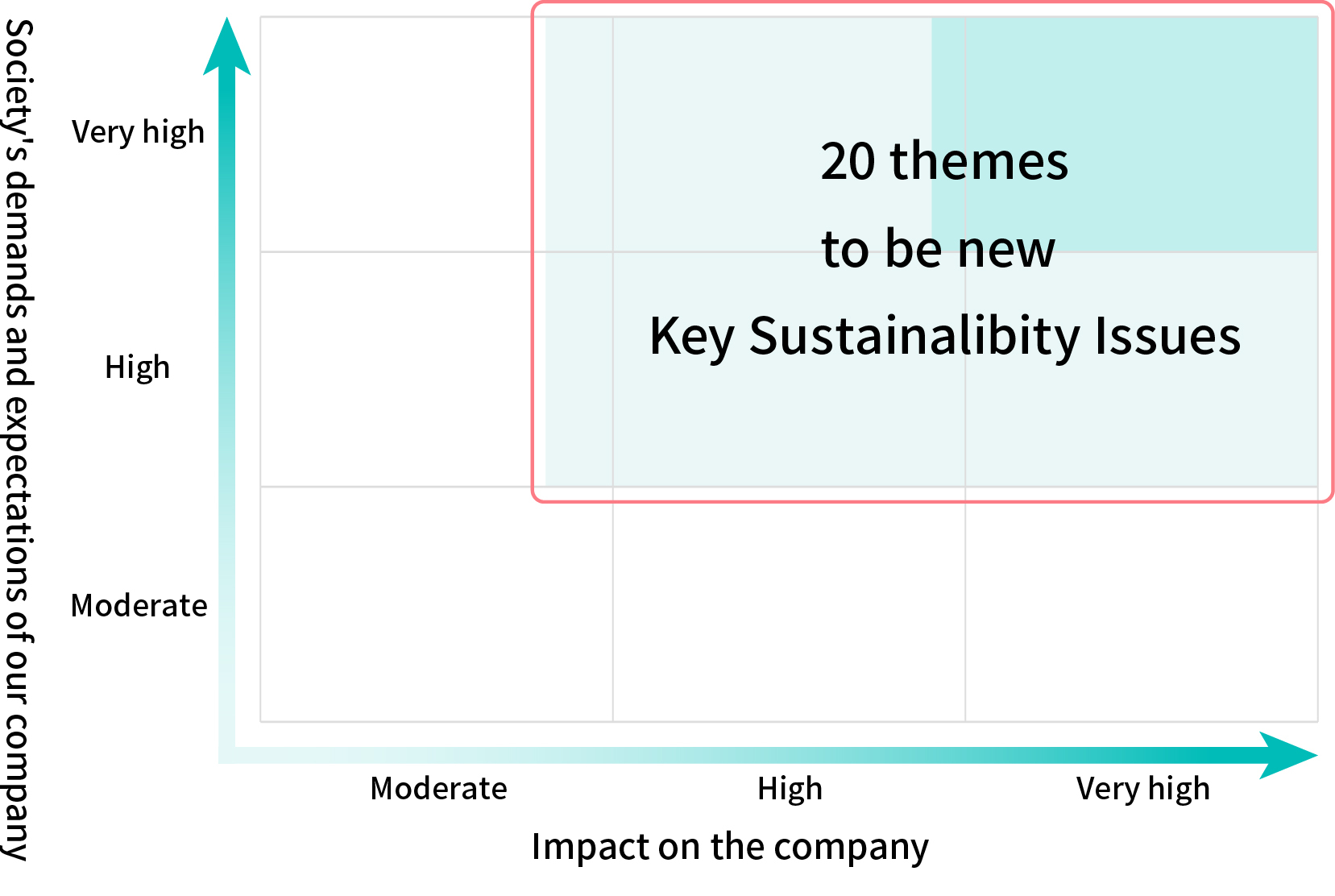
Step 3 Validation and announcement
Activity themes of high priority are expressed as Key Sustainability Issues. They are confirmed by relevant departments and management (Executive Committee,Board of Directors)

